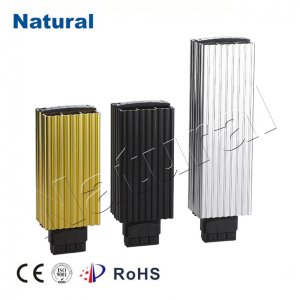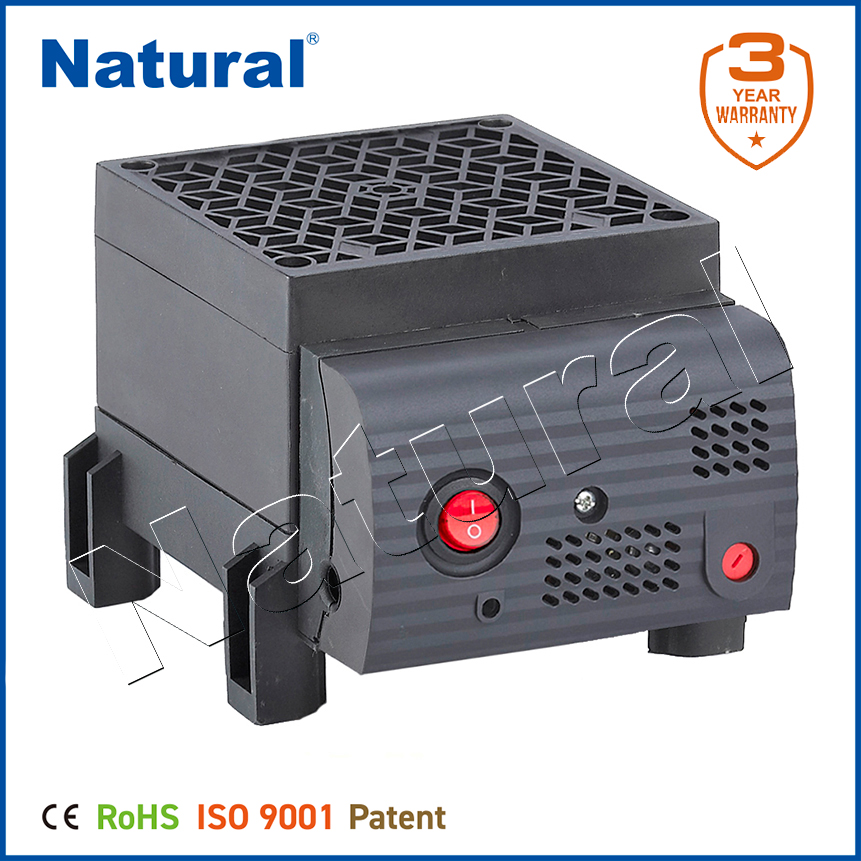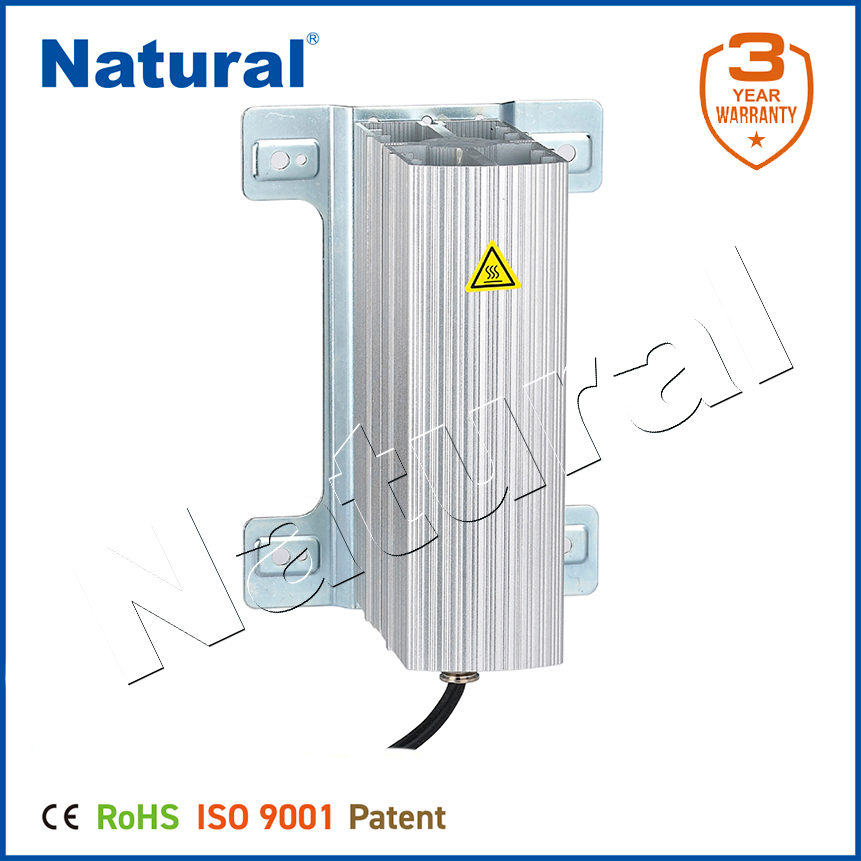An enclosure heater is an essential device used to maintain a stable temperature within an enclosed environment, particularly in electrical and industrial equipment. It is often employed to prevent the formation of condensation, protect sensitive components, and ensure the overall longevity and functionality of the equipment housed within an enclosure. These heaters are crucial for safeguarding machinery in harsh conditions, as they help maintain ideal operational temperatures and reduce the risk of damage caused by temperature fluctuations or moisture. In this article, we will explore the significance, benefits, and common applications of enclosure heaters.

What is an Enclosure Heater?

An enclosure heater is a heating device designed specifically for use inside protective enclosures, such as electrical cabinets, control panels, or industrial machines. These heaters are compact, reliable, and effective at controlling the internal temperature of an enclosure by providing gentle, constant warmth. The primary purpose of an enclosure heater is to prevent condensation from forming inside the enclosure, which could otherwise damage electronic components and electrical connections. In colder climates, the risk of condensation increases as the temperatures inside the enclosure drop below the dew point, leading to the formation of moisture. This can result in short circuits, rust, corrosion, and the degradation of sensitive equipment. Enclosure heaters help maintain a consistent temperature that prevents this from occurring.

Leave a Reply
You must be logged in to post a comment.